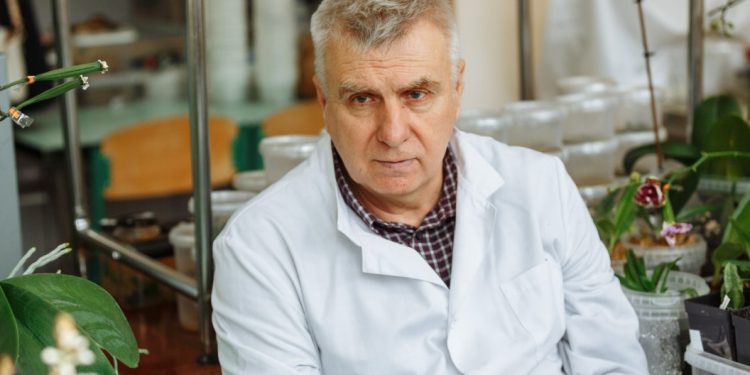Scientists of the Crimean Federal University will start sowing crops from the so-called “borscht set”, including several varieties of peppers, tomatoes, as well as eggplants and spices. Almost all of their seeds on the market are imported, so it is very important to develop domestic breeding. This was announced by Associate Professor of the Institute of Biochemical Technologies, Ecology and Pharmacy of KFU Vladimir Nazarov.
“Seeds of carrots, potatoes, tomatoes come to us from European countries, and their purchase, due to sanctions, is not an easy task. The gardener needs not only to choose the same variety, but also to pay attention to the characteristics of the future seedling. For example, F1 marking is often found on all types of vegetable crops and indicates that the seeds of hybrid varieties may be accompanied by the phenomenon of heterosis, when there is a sharp accelerated development of offspring,” said Vladimir Nazarov.
As a result of gene manipulation, many producers act in such a way that seeds obtained from the F1 generation do not form at all or develop with abnormalities. Such seedlings, according to the expert, often bear fruit, but their seeds are obviously not viable.
At the Crimean Federal University, as part of the development of recursive biotechnology, specialists will decipher and study foreign varieties of various vegetable crops in order to try to repeat the technology for their creation.
“Seeds will be sown, their seedlings will be brought to flowering and then crossed. The idea itself is not as simple as it seems at first glance. Their offspring may also be sterile due to genetic incompatibility, less viable and requiring rearing in special conditions. In our laboratory we can clone each valuable specimen in the required quantity. Further, we can use the planting technology no longer with seeds, but with seedlings,” said Vladimir Nazarov.
He also noted that the biotechnological laboratory of the Crimean Federal University will allow scientists to speed up this process and get a double benefit: the acceleration of the selection process and the rapid reproduction of the most productive plants.
According to Vladimir Nazarov, students of the Department of Botany and Plant Physiology and Biotechnology will take an active part both in the practical obtaining of new varieties and in the study of new disciplines of seed breeding, genetics, reproductive biology and plant protection.







